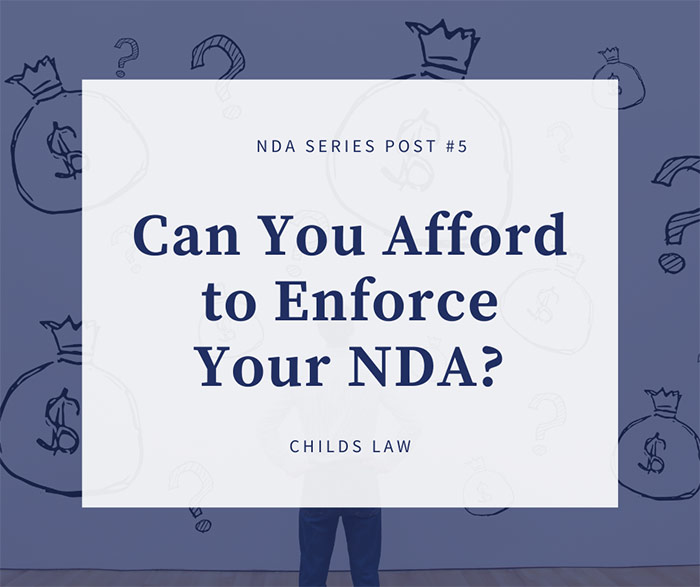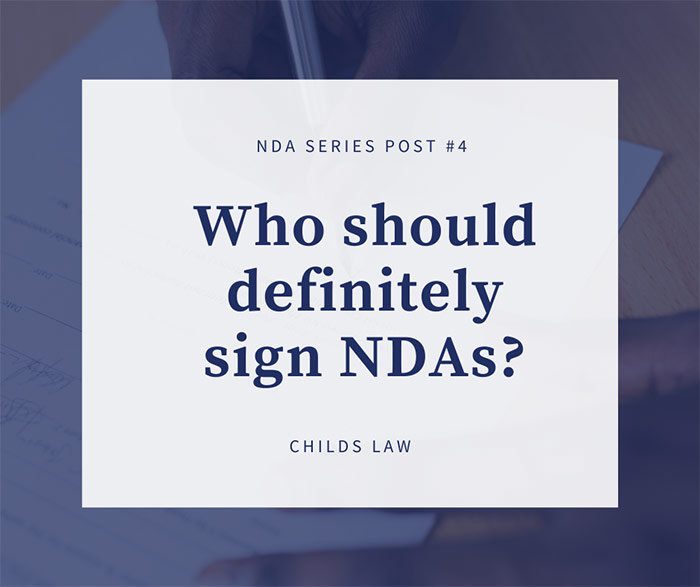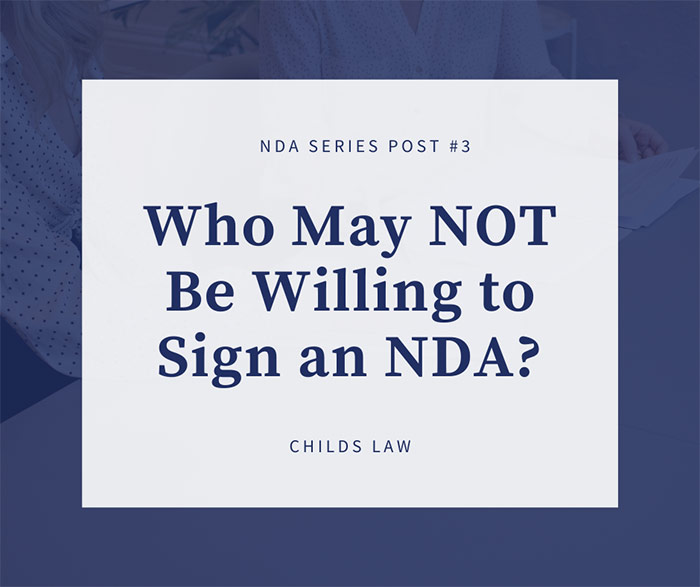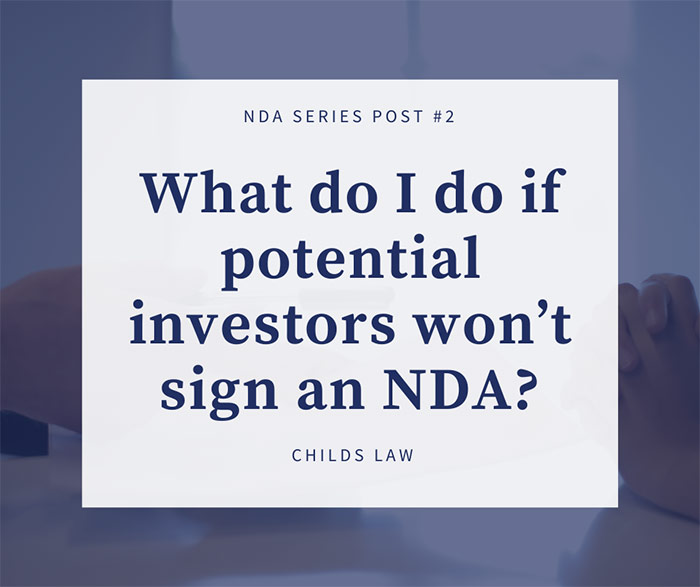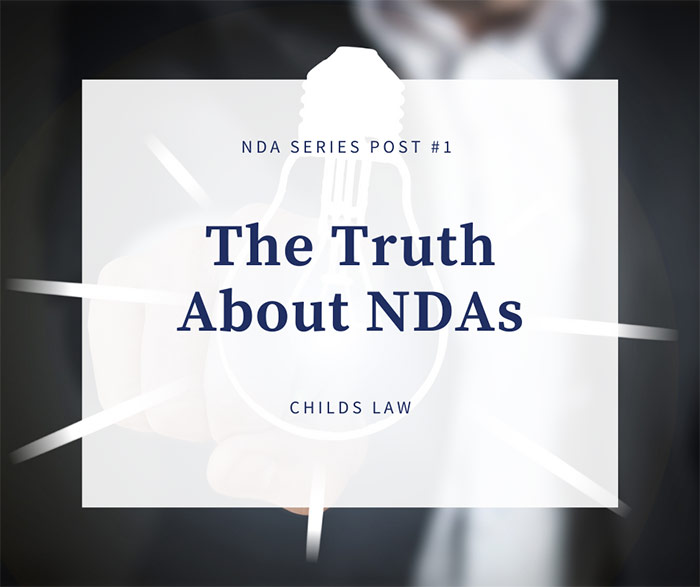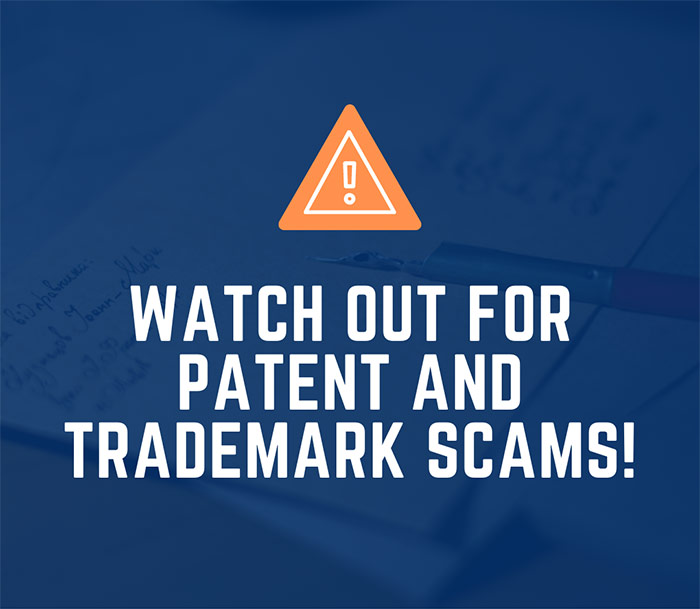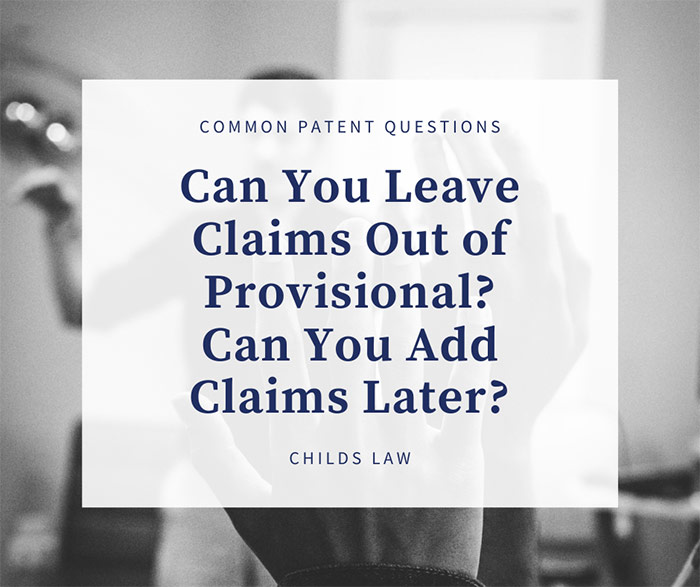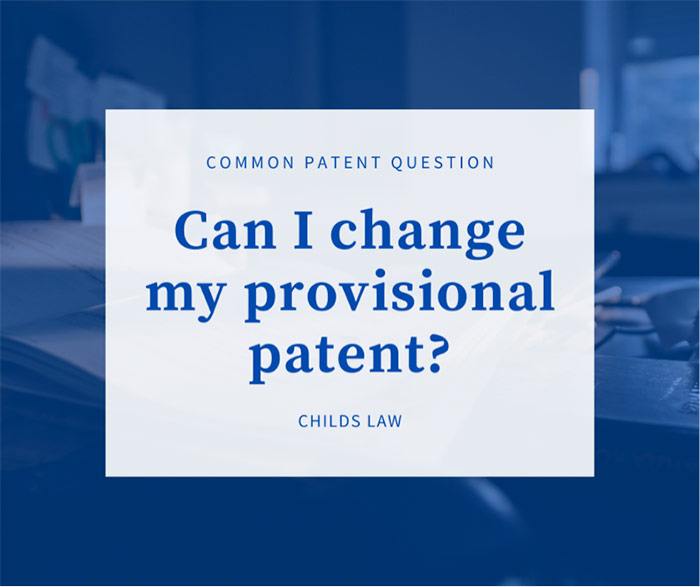Can You Afford to Enforce Your NDA?
As a patent attorney, I talk with inventors and entrepreneurs all the time. They will often mention that they have an NDA (non-disclosure agreement) that protects their innovation. Then when I ask where the manufacturer, marketing guru, or code writer is located, they will say anything from a different state to a country on the other side of the planet. NDAs are contracts, and like any contract you have to sue to enforce them. Can you afford to sue a contractor located in another state? Can you afford to sue a computer programmer based out of, say, Mumbai, India? My guess is “no,” and they know it even if you don’t. I suggest that you still want to have an NDA in place because it gives you options. But I would not rely on it. Instead, I suggest that you focus on the reputation of the business and their referrals and references. You know how you’re supposed to look before you leap. Well, research before you sign contracts or checks. If you are going to have a company in India or China write your code or make your products, you want one of the highly reputable ones that is making…
